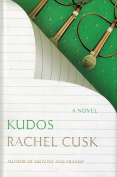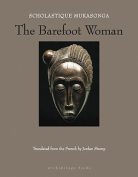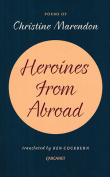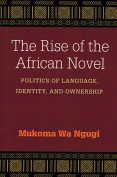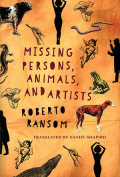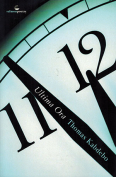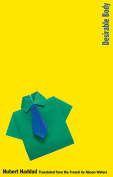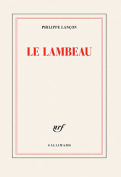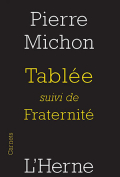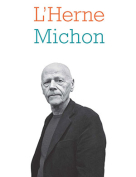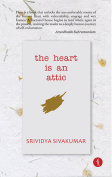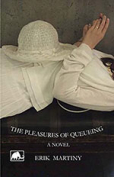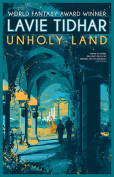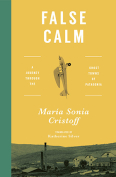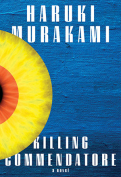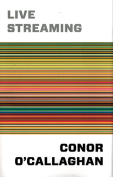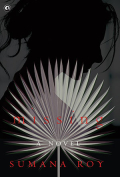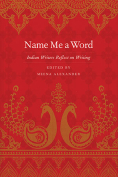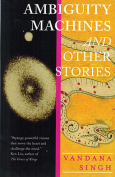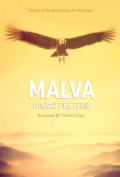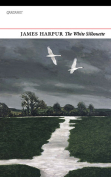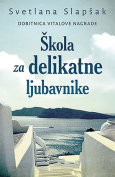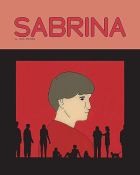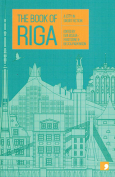The Book of Riga: A City in Short Fiction
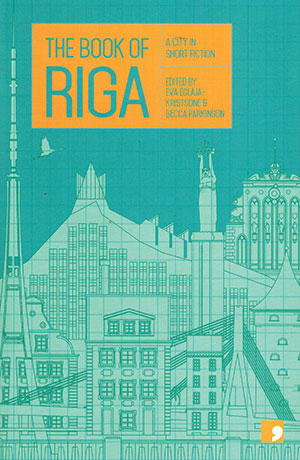 Manchester, UK. Comma Press. 2018. 196 pages.
Manchester, UK. Comma Press. 2018. 196 pages.
There could not be a more appropriate way to represent Riga than with a short-story collection. The Baltic nations, and Latvia certainly not least among them, have had a disjointed history of independence. Their most recent years of sovereign existence, therefore, have seemed a dream to many—a vision too good to be true. This same skepticism of beauty in the midst of undeniable miracles can be seen in many of the stories contained in The Book of Riga, the thirteenth in a series by Comma Press profiling cities around the world through short fiction by local authors.
The consistent dichotomy in the stories gathered here is between the significance of history and the insignificance of the individual. In “Where I Am,” Andra Neiburga characterizes Latvians as “a people bound up and numbed by northern darkness.” Despite the inherent power of focal caricature, the people from whom we hear most often seem to feel or project that their lives are of little importance. They go about their daily tasks and are most often portrayed as provincial and old-fashioned, content with whatever small lives they live and small perspectives they gain. This is contrasted with the constant invasion of dramatic twists and instances of magical realism—a man escapes death via a flying sleigh, a woman fills a room with countless birds, a grandson speaks nonchalantly of his murderous plots. Being underwhelmed by the most overwhelming possible events, each character would no doubt say, “A short story is more than enough for you to hear about me! It wouldn’t be worth your time to hear any more than fifteen pages of my life, nor mine to tell it.”
Yet despite this disillusionment with the significance of their stories, what all the authors seem to find equally significant is place. The Book of Riga contains stories linked not only to the city in its general, current existence but to specific buildings from the past and future of the city. Though the translations (handled by many hands) vary in quality, content, and style, they can all agree on one thing: “Riga was just Riga, nothing out of the ordinary.” And that is the highest compliment they can give.
Linda Stack-Nelson
University of Oklahoma


